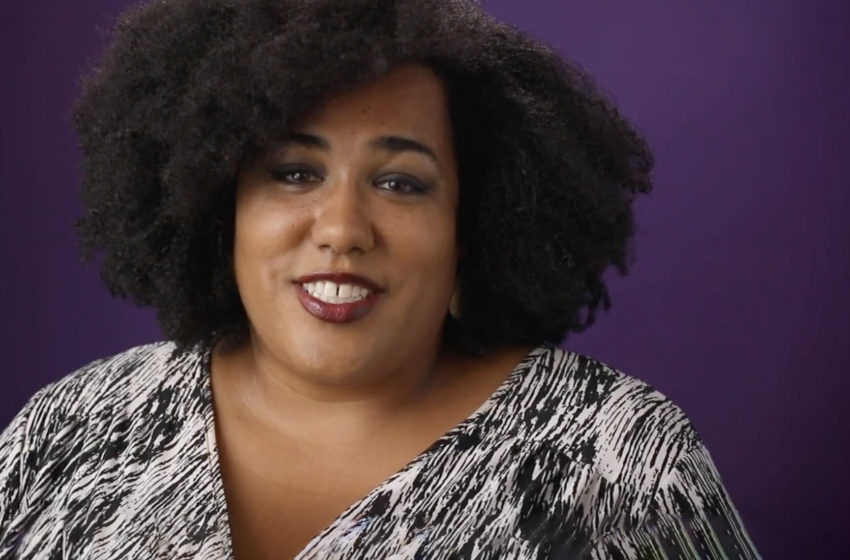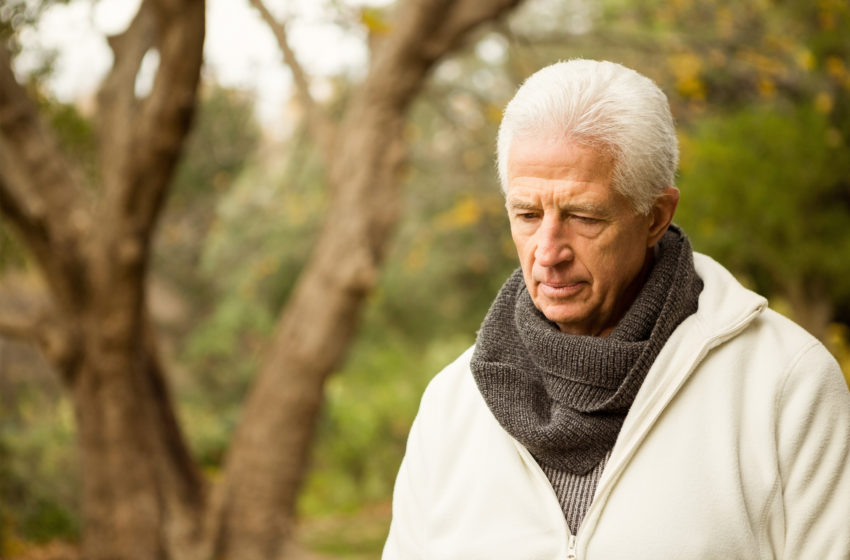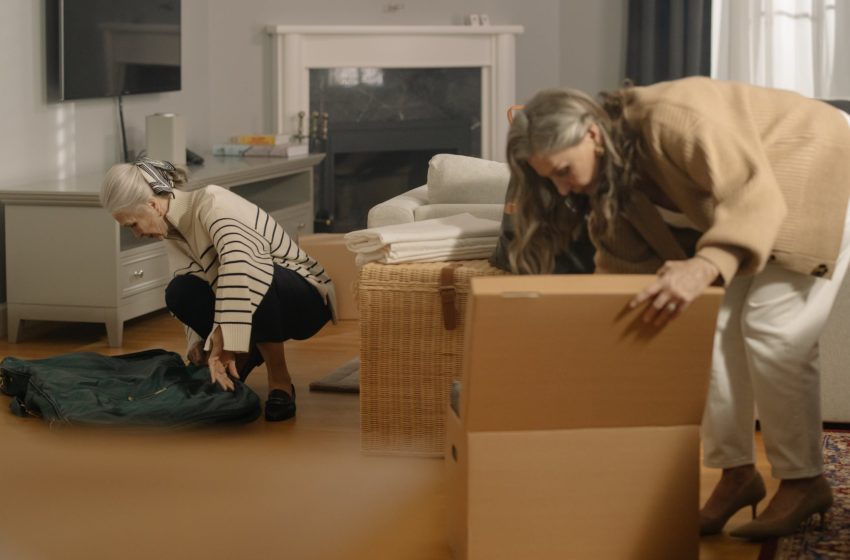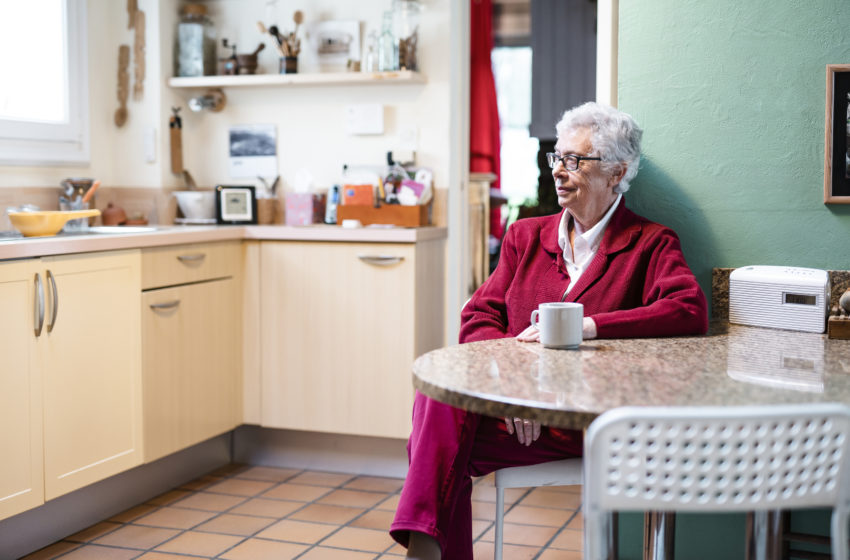The Care Plan prioritizes LGBTQ+ and racially diverse caregivers. After her wife was diagnosed with stage IV cancer in 2011, Marsha Wetzel spent the next two years taking care of Judy, her partner of 30 years, until Judy entered hospice care. Within weeks of Judy’s death, her family evicted Wetzel from the home they shared. Suddenly, […]
Make a plan to ease the organization process when a parent passes away Grief has no timeline. Everyone grieves in their own way and at their own pace. Yet, shortly after a parent dies, adult Read More
Collect and store this emergency information before you need it. As we age, it becomes increasingly important to have medical, financial, and end-of-life information immediately available in case of an emergency. Be prepared for an Read More
Solo agers must make plans for support Older adults are living longer and — more often — living alone in older age, creating a care-planning conundrum. About 26% of women and 19% of men between age 65 and 74 live alone, Read More
No one anticipates a catastrophic illness, a medical emergency, or sudden death, but it happens. And if it happens to you, it’s crucial to have your important healthcare and financial documents in order ahead Read More






